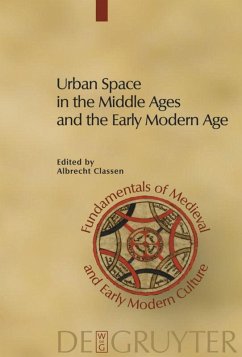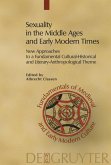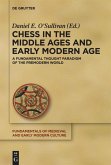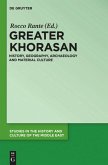Although the city as a central entity did not simply disappear with the Fall of the Roman Empire, the development of urban space at least since the twelfth century played a major role in the history of medieval and early modern mentality within a social-economic and religious framework. Whereas some poets projected urban space as a new utopia, others simply reflected the new significance of the urban environment as a stage where their characters operate very successfully. As today, the premodern city was the locus where different social groups and classes got together, sometimes peacefully, sometimes in hostile terms. The historical development of the relationship between Christians and Jews, for instance, was deeply determined by the living conditions within a city. By the late Middle Ages, nobility and bourgeoisie began to intermingle within the urban space, which set the stage for dramatic and far-reaching changes in the social and economic make-up of society. Legal-historical aspects also find as much consideration as practical questions concerning water supply and sewer systems. Moreover, the early modern city within the Ottoman and Middle Eastern world likewise finds consideration. Finally, as some contributors observe, the urban space provided considerable opportunities for women to carve out a niche for themselves in economic terms.








